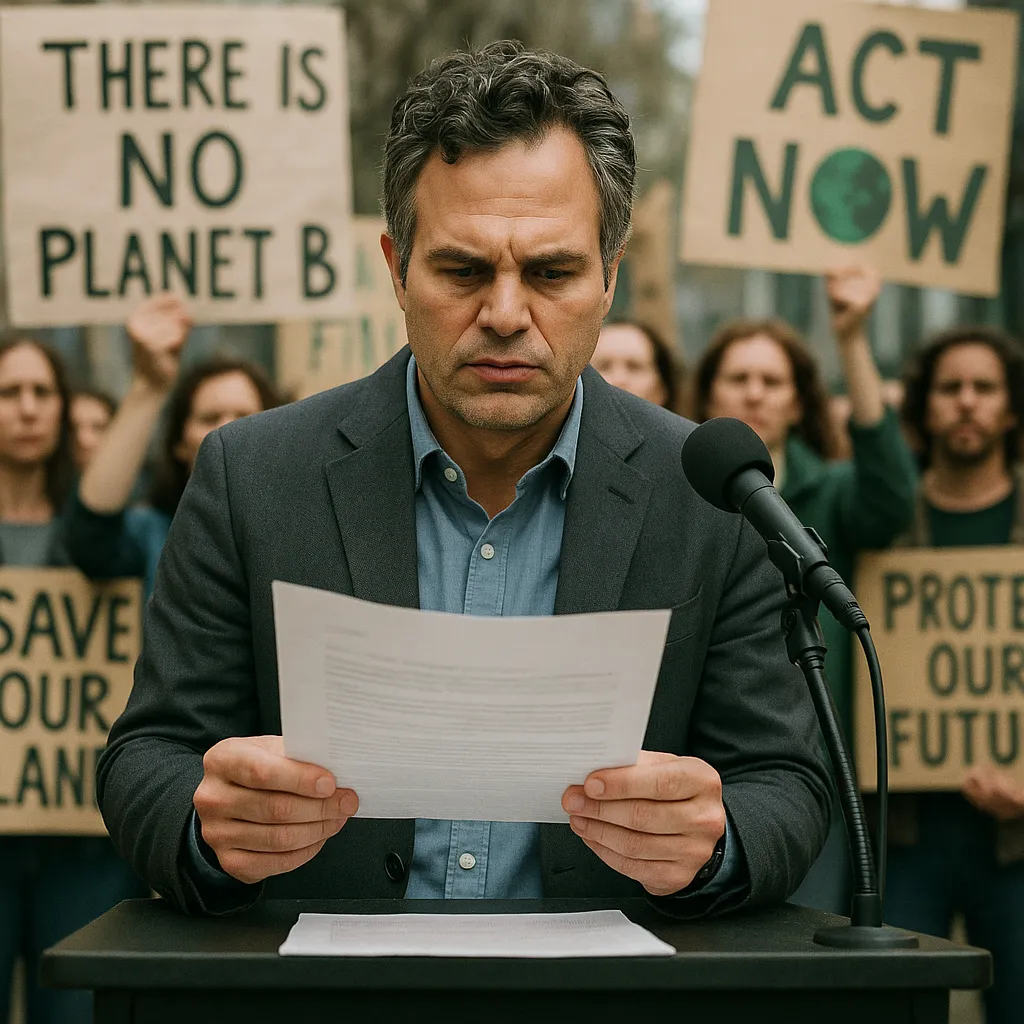Actors, including Mark Ruffalo, Pledge Boycott of Israeli Film Institutions

Lead Hollywood figures, among them actor Mark Ruffalo, joined over 1,800 entertainers in vowing not to work with Israeli film institutions they say are complicit in abuses against Palestinians, the pledge announced Monday in Washington.
Nut Graf The open letter, inspired by apartheid-era boycotts of South African cinema, urges industry professionals to refuse collaborations with Israeli festivals, cinemas, broadcasters and production firms implicated in “genocide and apartheid” amid the Gaza conflict. Signatories include Olivia Colman, Emma Stone, Tilda Swinton and Javier Bardem.
Key Details
- Scope of Boycott
- More than 1,800 actors, directors and producers signed the pledge.
- It targets institutions, not individual Israeli artists, emphasizing institutional complicity.
- Legal and Moral Rationale
- The statement cites the International Court of Justice’s opinion that Israel’s occupation of Palestinian territories is unlawful and poses a risk of genocide.
- It frames the boycott as a “non-violent tool” to challenge global apathy and governmental enabling of violence in Gaza.
- Industry Context
- Inspired by the 1987 Filmmakers United Against Apartheid campaign, which opposed US distribution of films in apartheid South Africa.
- Previous solidarity actions include open letters by SAG-AFTRA and motions by Equity UK supporting artists’ rights to protest.
Additional Background Barron’s reported that over 1,500 film professionals, including Ruffalo and Colman, had already pledged to boycott Israeli cinema bodies “implicated in genocide” in Gaza in an earlier letter published Monday in The Guardian.
Subheading: Reactions and Implications
Israeli Government Response
Israel has condemned cultural boycotts as discriminatory, maintaining its actions in Gaza are “self-defense” following the 2023 Hamas attacks.
Film Community Impact
Industry unions and advocacy groups face pressure to formalize support or opposition to the boycott, potentially reshaping future festival lineups and co-production agreements.
END -
Categories
Autos and vehicles Beauty and fashion Business and finance Climate Entertainment Food and drink Games Health Hobbies and leisure Jobs and education Law and government Other Politics Science Shopping Sports Technology Travel and transportationRecent Posts
Tags
Archives
08/19/2025 (3) 08/20/2025 (40) 08/21/2025 (27) 08/22/2025 (22) 08/23/2025 (4) 08/24/2025 (21) 08/25/2025 (30) 08/26/2025 (24) 08/27/2025 (29) 08/28/2025 (16) 08/29/2025 (9) 08/30/2025 (13) 08/31/2025 (17) 09/01/2025 (167) 09/02/2025 (124) 09/03/2025 (149) 09/04/2025 (112) 09/05/2025 (72) 09/06/2025 (169) 09/07/2025 (162) 09/08/2025 (150) 09/09/2025 (176) 09/10/2025 (194) 09/11/2025 (194) 09/12/2025 (186) 09/13/2025 (207) 09/14/2025 (159) 09/15/2025 (175) 09/16/2025 (198) 09/17/2025 (196) 09/18/2025 (196) 09/19/2025 (207) 09/20/2025 (129) 09/21/2025 (4)